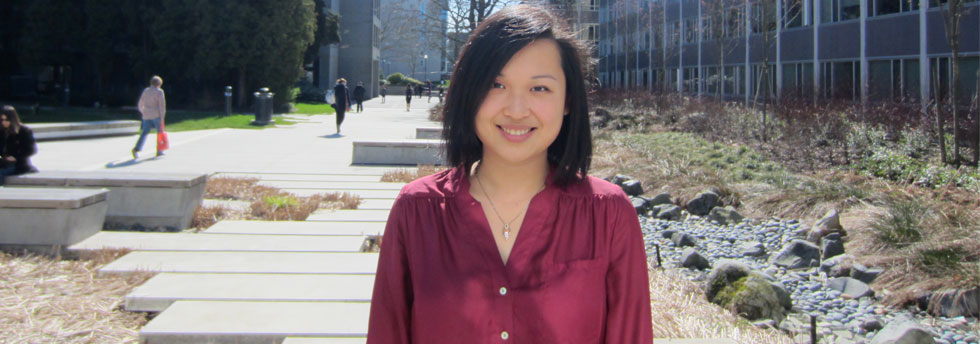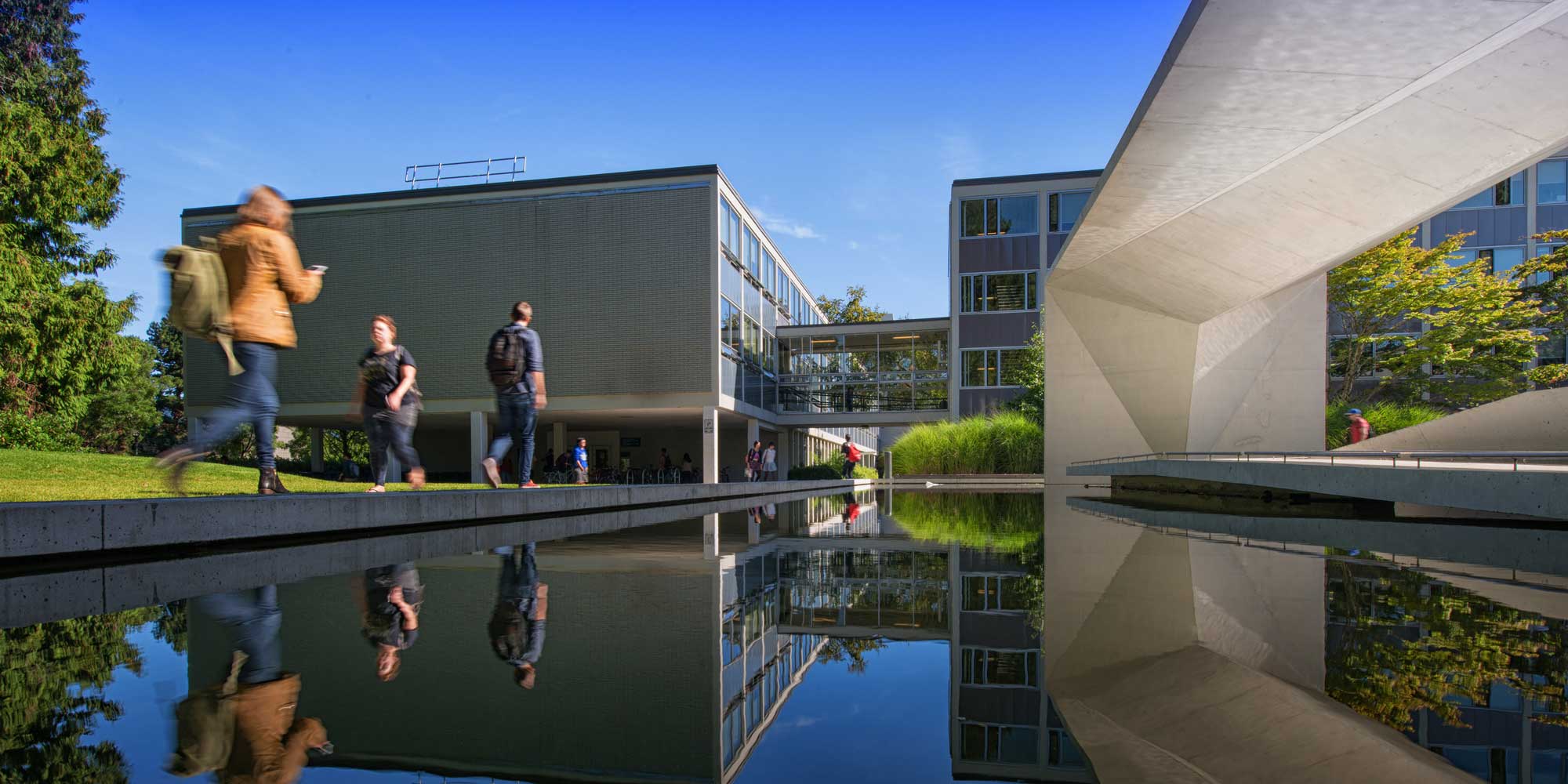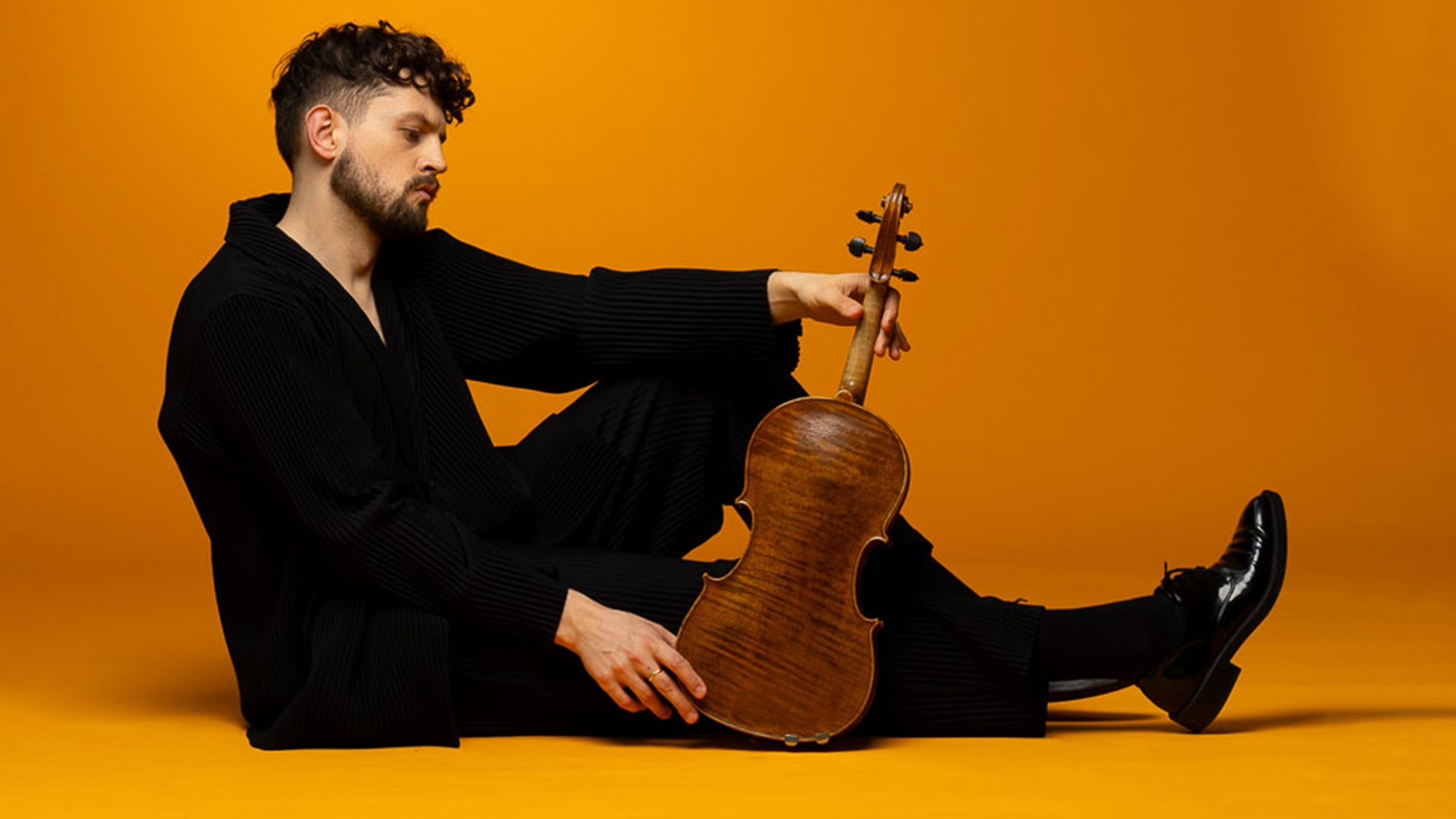

Jenny Chen is a fourth-year Art History and Visual Art major and a 2013 recipient of the Dean’s Outstanding Leader in the Faculty of Arts award. Her passion lies in student government and its ability to create change. Jenny’s involvement with the Arts Undergraduate Society (AUS) and the Alma Mater Society (AMS) has had a major influence on both her experience as a UBC student and her goals and plans for the future.
Tell me about your decision to major in Art History and Visual Art. Had you considered this major prior to attending UBC?
At first I wasn’t quite sure what I wanted to do, but I knew that I loved visual art, so I took some visual art classes and I also took some art history. I found both really fascinating and felt that that they really help develop your way of thinking. You learn so much about the world around you through art and art history. It’s definitely helped me develop as a person and look at things differently.
Being an Art History and Visual Arts major, what got you involved in student government?
During my first year, I lived in residence and my neighbor ran for Arts Undergraduate Society (AUS) first-year representative. One night we were chatting and she mentioned that she was hiring for her first-year committee and encouraged me to apply. At that time, I had no level of involvement, so I applied and ended up being on the committee, and it just opened the door to a whole new experience. What made me want to stay with the AUS over the years was that I saw it had so much potential for change, and I really wanted to bring that change to Arts students. I really do believe that the AUS is a firm foundation for creating a community for Arts students on campus.
How did your roles change and progress during your time with the AUS?
In my second year I became social coordinator, and in my third year I had the position of Vice President for Student Life. The VP Student Life position was purely in charge of social aspects, things like FrAUSh, Arts Week, promotions, and sports. I really wanted to revamp the image that student government had with students, as well as the quality of the events that we threw. I wanted it to be student-centered, focusing on what students wanted as opposed to what a few members of the society wanted.
As VP Student Life, I was able to set my own agenda, and one of the priorities I had was FrAUSh (the first year orientation), which Arts had only ever done as a one-day, on-campus event. I wanted to do a two-day, off-campus event and I felt we had a really strong exec team and student life committee, so I thought that we could make it happen. We took it off campus and stayed overnight at a hotel, rented out a club, and did a scavenger hunt downtown. It was just a really great way to get students to bond. We had about 300 students attend, and a lot of the students who were involved in FrAUSh came back as AUS volunteers, or wanted to apply for coordinator positions. I feel that first year is really where we need to captivate students.
When did you begin your involvement with the Alma Mater Society (AMS)?
After my term with the AUS as VP Student Life, I went on to help the AMS with Firstweek as an assistant to the Firstweek coordinator, and in that position I really learned a lot about the AMS and how it worked. I helped schedule staff, hire, run events, and being able to work from the staff side really changed how I saw the AMS. It was a bit of an adjustment to think about all of the students and not just those from the Faculty of Arts, but it was great.
Tell me about your work with the AMS as Elections Administrator. What were some of the tactics you used to generate the record-breaking 45% voter turnout this year?
Just as I was ending my term with Firstweek, the AMS was hiring for elections administrator, so I decided to apply. My goal was really just to get the highest voter turnout. It can be overwhelming, trying to get students to care and to vote, but I think part of it is appealing to what students actually want. I believe in advertising and I feel that with the proper promotional plan, you can increase student knowledge and involvement. A lot of the lack of student participation comes from students being unaware of what’s going on.
Something that I did differently from other years was something we called “The Great Debate”. All of the candidates debated at the same time, and it was live streamed on CiTR, so for those who couldn’t make it in person, we podcasted it after. The whole point of that was to give students a comprehensive outlook on all of the candidates in one place, and it was something that was easily accessible. We wanted to make it as easy as possible for students to get that information and get involved.
I had an amazing elections team, and there is absolutely no way I would have been able to do this without them. I really do think that having an amazing team was the key to all I accomplished. If you don’t have a team that really connects, it is really hard to meet your end goal. Never forget about the other people that you are working with, because that makes all the difference.
What inspired you to stay involved with student government during your four years at UBC?
The whole reason I got involved in student government was because it wasn’t working the way I had expected it to work. And to be honest, if it ran perfectly smoothly, maybe I would have stayed involved for about a year or two, but then I would have moved on to something else. For me, I love being able to have that vision and see it through. There is no perfect system, which means that every single person coming in will have a vision of their own, and I highly encourage students to follow that. Don’t ever think that you can’t change something.
What advice would you give to a student who wants to get involved in student government, but is worried about the time commitment?
Most of the people I worked with at the AMS started off in their undergraduate societies, either as a coordinator or a volunteer, and kind of worked their way up. Volunteering can definitely be rewarding and allows you to have flexible hours. You can also learn a lot by sitting on a committee. There is a lot you can do without having a whole lot of responsibility.
If you don’t know where to start, it’s always great to just send someone from the AUS or AMS an email telling them you’d like to get involved, and letting them know your areas of interest. Talk to anyone, because everyone in student government is eager to get more people involved. There are so many opportunities to get involved, and it’s a great way to meet new people as well.
Tell me about your experience with the Arts Career Xploration (ACX) planning committee. Why should an Arts student attend the ACX?
Last summer, one of my friends was working for Alumni Affairs, and she recommended that I interview for one of the co-chair positions. All of the positions that I had previously had up to that point were in student government, and ACX was very different because we had staff advisors and it was much more regulated in the sense of what we had to do. We connected with lots of Arts alumni, and there was an increase in that level of professionalism that we had to have. It was a whole new learning experience for me and I really enjoyed it.
One reason I think that Arts students should attend the ACX is because you get to meet alumni, and they can definitely give you feedback that you wouldn’t normally hear from advisors or other students. These alumni are people who really want to give back to the Arts community and get involved. Students make personal connections with them, and they end up getting career advice or even job offers after they graduate. I think there is a value in meeting people either in the area that you want to go into, or even just meeting alumni from other professions, because you never know who what you will learn.
Any plans or goals for after graduation this May?
I’m looking into taking some courses in marketing and advertising. Originally, I thought that I wanted to go into design, possibly interior design, but I think that what really influenced me was working with student government. It showed me that I really do love marketing. I love branding and getting that message out there, so I think that’s something that would probably make me really happy to do. I would say that student government even changed the way I see myself and what I want to do after graduation because it’s not what I had initially expected. It helped me to develop my professional skills and discover my passions.


